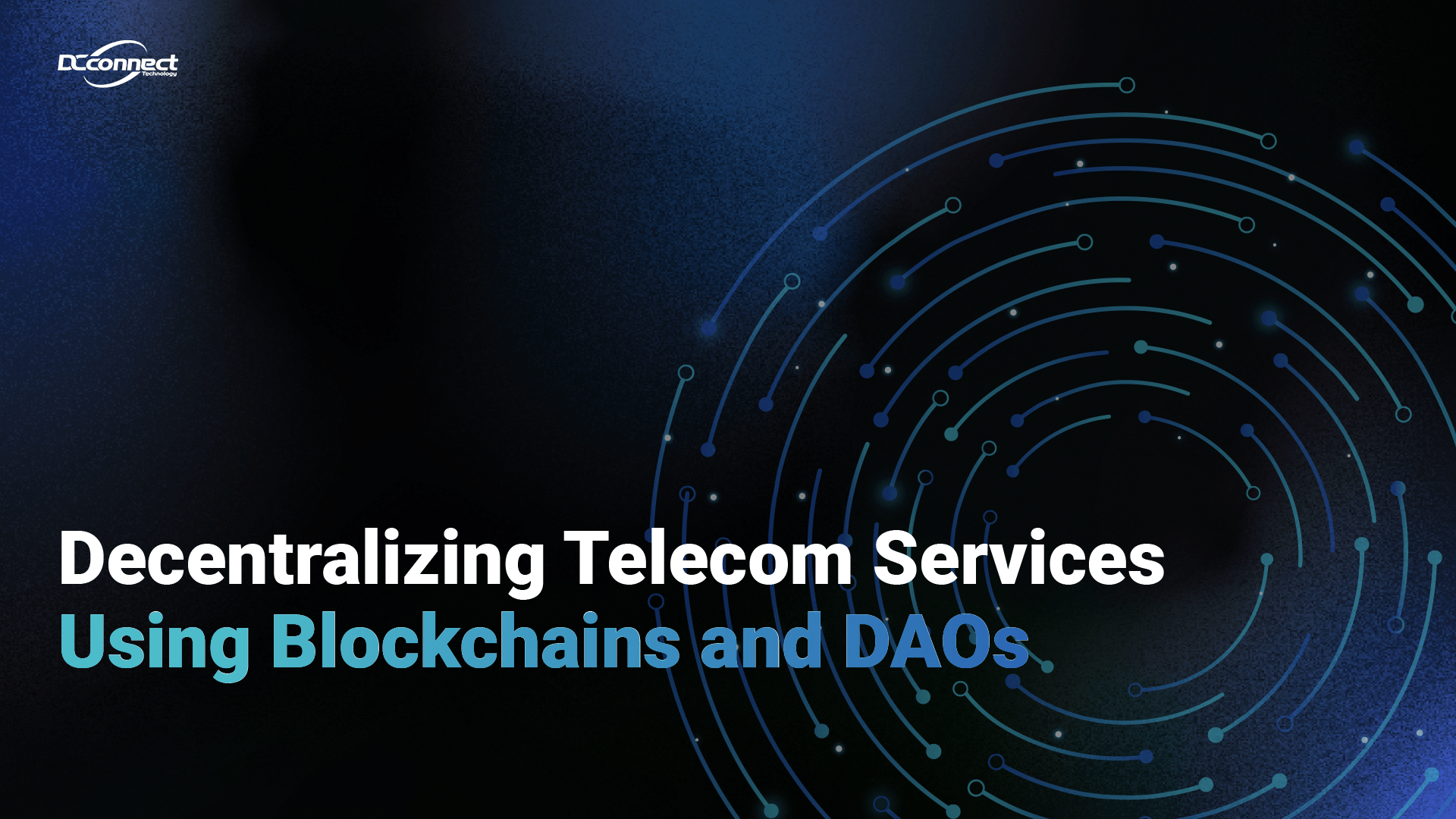
Decentralizing Telecom Services Using Blockchains and DAOs
Decentralizing Telecom Services Using Blockchains and DAOs The increase of on-demand service offerings from telecommunications companies comprised of component services from multiple partners has exposed limitations to how suppliers check availability and price their services. For instance, service providers need to find the optimal path for Carrier Ethernet circuits that span multiple operators. Requesting capacity and pricing information from all the possible suppliers of ENNIs (External Network-to-Network Interfaces) is too slow and cumbersome to meet the needs of the enterprise customer of the circuit. Blockchain technologies, and the even newer concept of DAOs (Decentralized Autonomous Organizations), where groups of collaborating suppliers use smart contracts and tokenomics for governance offer a viable solution. Together, these technologies enable a radically new approach for trusted partners to share sensitive commercial information in real time about transactional resources. In this post, Charmond Tsang, CCO of DCConnect, introduces suppliers to the use of DAOs for increasing the utilization of ENNIs and creating optimal circuit offerings for enterprise customers. DCConnect’s Televerse DAO empowers carriers and data centers to help enterprise customers search for telecom services across multiple telecommunications carriers. The Expedia Analogy In the recent past, planning an airline trip involved visiting a travel agent to get pricing and route options. Today, a large number of travelers use online flight planning and purchasing services like Expedia, Booking.com, Skyscanner, etc. These online travel platforms provide an immediate detailed view of all airline flights and options available to and from a destination, simplifying a user’s decision-making process. Some may think Expedia (which was established in 1996), and similar companies, have commoditized commercial air travel and reduced margins to the point that the aviation business is no longer lucrative. In fact, between 2003 and 2020 commercial airline revenues grew from US$322Bn to US$838Bn, and the utilization of passenger seats (the passenger load factor) steadily climbed from 75.2% in 2005 to 82.6% in 2019. In effect, aviation travel industry revenues have grown, and the industry has become more efficient over the two decades these online platforms have been available. Why can’t the same be done in the telecom industry for business network services across the globe? This question is increasingly relevant with the push to utilize resources, including energy, in the telecom sector in a more sustainable and cost-effective manner. One challenge has perhaps been Communication Service Providers’ hesitation to allow pricing and availability data to be available to a third party, and potentially to competitors. While this was an issue when long-term contracts for data connectivity were the norm, today more and more telecom services are based on short-term commitments or even on-demand business models. Availability and pricing are so dynamic today that one-for-one comparisons are very hard to make, a complexity that can be seen today in the airline and smartphone services industries, to name just two examples. Another possible barrier has been the telecom industry’s lack of a trusted platform, managed by a third party, to orchestrate the availability of data presented to the customer in real time. This barrier can be overcome utilizing blockchain, self-sovereign identity, and cryptography to enable a new decentralized approach in which a trusted third party is not required. The Televerse DAO Consider the advantages of a Televerse DAO (Decentralized Autonomous Organization). A DAO is managed by a set of rules agreed upon by all DAO participants and encoded in a smart contract. A DAO operates on a blockchain network controlled by members who can participate in the decision-making process through voting and other mechanisms. DAOs are often used to create decentralized platforms or networks that allow members to share resources, complete transactions, or collaborate on projects. A DAO provides a transparent and democratic way of organizing and managing a community or project without the need for a central authority or intermediary. One of the key features of a DAO is the use of smart contracts to automate the execution of rules and agreements. Smart contracts can help reduce the risk of errors or fraud, making the process of managing a DAO more efficient and cost-effective. In the specific case of the Televerse DAO, the participating organizations are carriers and data centers that offer connectivity services. The Decentralized Telecom Expedia The Televerse DAO allows enterprise customers to search for telecom services across multiple telecommunications carriers. Once a solution is agreed upon by all carriers involved, the customer can use a digital wallet to fund a contract and pay the carriers for their services. The DAO uses smart contracts to automate the funding and provisioning process, ensuring that carriers are held accountable for meeting their Service Level Agreements (SLAs). Just like Expedia, the Televerse DAO makes it easy for someone building a connectivity service to find the most suitable network services available by interacting with the DAO and searching for the required services. ENNI Visibility and Pricing Additionally, the process of funding and provisioning the circuit can be complex and error-prone, especially when dealing with multiple carriers. The lack of standardization and automation in the process can lead to delays and misunderstandings, impacting the quality of service and customers’ experiences. Specifically, the Televerse DAO addresses the issue of visibility into the ENNI’s (External Network to Network Interface) availability and pricing by enabling carriers to input and share their pricing data on the platform. Enhanced visibility of participating carriers pricing information allows enterprise customers to compare options and find the best deal. The DAO also provides a governance system that can review and address any issues that arise when using the platform. Who Benefits? The Televerse DAO provides benefits to several stakeholders, including enterprise customers, data centers, and operators. Data centers benefit from the Televerse DAO by being able to connect to multiple carriers and offer their customers a wider range of network services. This helps to increase the competitiveness and attractiveness of their data center, and potentially drive more business. Operators can benefit from the Televerse DAO by being able to input and share their pricing data on the platform. This ability can



